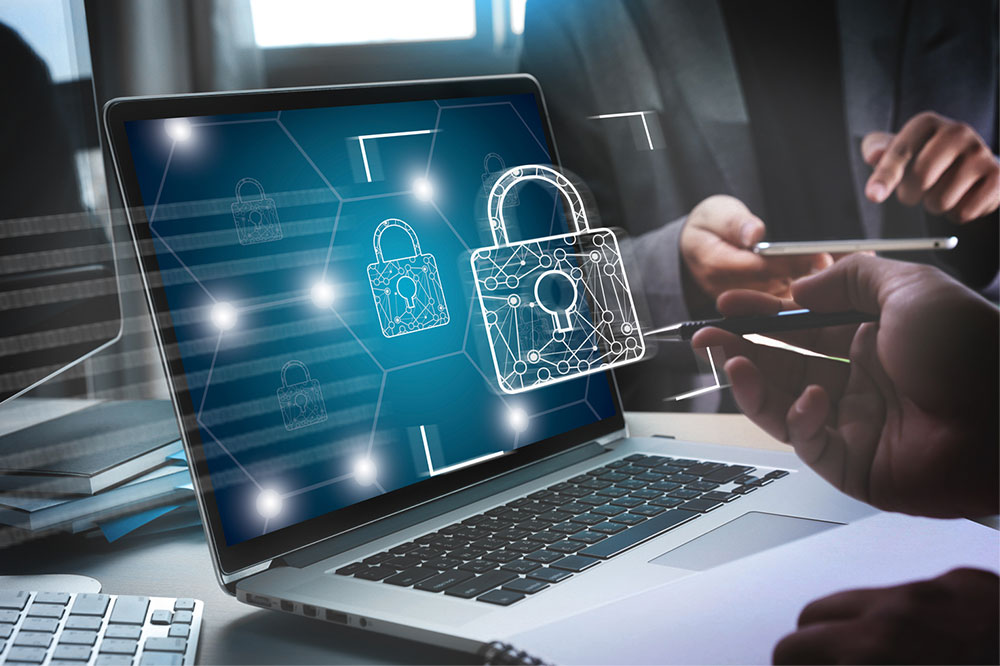Why Pursuing a Cybersecurity Degree is Essential in Today’s Digital World
In an age where digital threats are rapidly evolving, obtaining a cybersecurity degree is essential for protecting personal and organizational data. This article explores the importance of cybersecurity education, the various course levels, and how it helps combat malware, hacking, and data theft. With affordable, flexible programs available online and offline, pursuing cybersecurity certification is a wise investment for career growth and online safety. Empower yourself with knowledge to navigate the digital world securely and responsibly.

In today's interconnected era, our reliance on the internet spans from daily necessities like shopping and education to entertainment and communication. Carrying our smartphones has become second nature, and the virtual world influences our real lives. However, this dependence raises concerns about online safety. As our activities are constantly monitored and data is exposed, understanding cybersecurity becomes vital. Earning a cybersecurity degree equips individuals with the knowledge to defend against threats such as malware, theft, and hacking. The increasing evolution of cyber threats underscores the importance of specialized education in this critical field.
Here are key reasons why obtaining a cybersecurity qualification is crucial:
Malware and Viruses
Malicious software can slow down computers and steal sensitive data, making cybersecurity expertise essential to prevent such attacks.
Identity and Data Theft
Cases of identity fraud and theft of banking information highlight the need for professionals to safeguard personal and financial data.
Cyber Intrusions and Hacking
Hackers gaining unauthorized access can manipulate files, monitor activities, and compromise organizational security, emphasizing the need for skilled cybersecurity experts.
The Online Landscape's Digital Dangers
Our online activities present various risks, including:
Lack of Awareness
Many users unknowingly share sensitive information via social media, check-ins, and profiles, exposing themselves to potential threats like theft and blackmail.
Popularity and Privacy Risks
Sharing personal moments on platforms like Instagram and Snapchat can lead to misuse of images and data, as seen in cases of celebrity account breaches and blackmail incidents.
Limited Knowledge of Security Measures
People often rely solely on antivirus programs, overlooking broader cyber dangers such as phishing, cyberbullying, and cyber warfare.
Advanced Cybercriminals
With hackers developing sophisticated malware, ransomware, and hacking techniques, protecting sensitive data, especially in banks and hospitals, becomes increasingly challenging and urgent.
The best way to combat these threats is to pursue a cybersecurity degree. Such education enhances awareness, emphasizes privacy, and teaches how to responsibly use social media and online services, including privacy settings on platforms like Facebook.
Types of Cybersecurity Education Programs
Cybersecurity courses can be categorized into three levels:
Introductory (Informal)
Designed for beginners, including students, homemakers, and seniors, these courses cover fundamental online safety skills.
Undergraduate (Fresher)
Targeted at those seeking to build a career in cybersecurity, these programs are ideal for university students, considering global internet usage surpassing 50%.
Advanced Professional
Geared toward working IT professionals in sectors like banking and government, these courses typically span 2–4 years and support career advancement.
Key Features of Cybersecurity Training
Affordable Options
Many cybersecurity courses are low-cost or free, making essential knowledge accessible for everyone.
Flexible Duration
Courses are often self-paced or short-term, allowing learners to balance study with other commitments.
Career-Focused
Specializations in cybersecurity provide promising career paths, especially for individuals interested in complex computing and cryptography.
Wide Application
The skills learned can be applied across various industries and job roles, providing immediate benefits and career growth opportunities.
Availability in Different Formats
Programs are available both online—offering self-paced learning—and offline, ranging from brief workshops to semester-long courses.
By adopting basic precautions and enhancing cybersecurity awareness through proper education, users can significantly reduce their risk of online threats. Knowledge is power in navigating today’s digital landscape securely.









